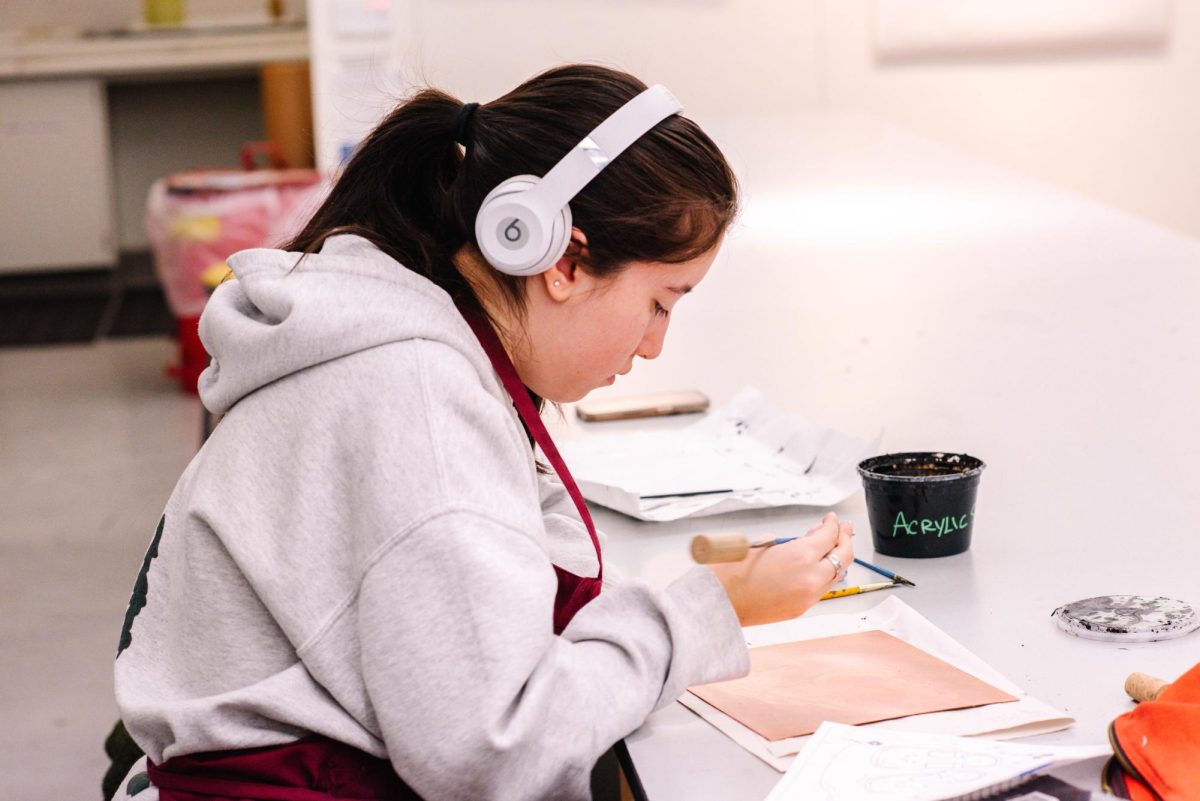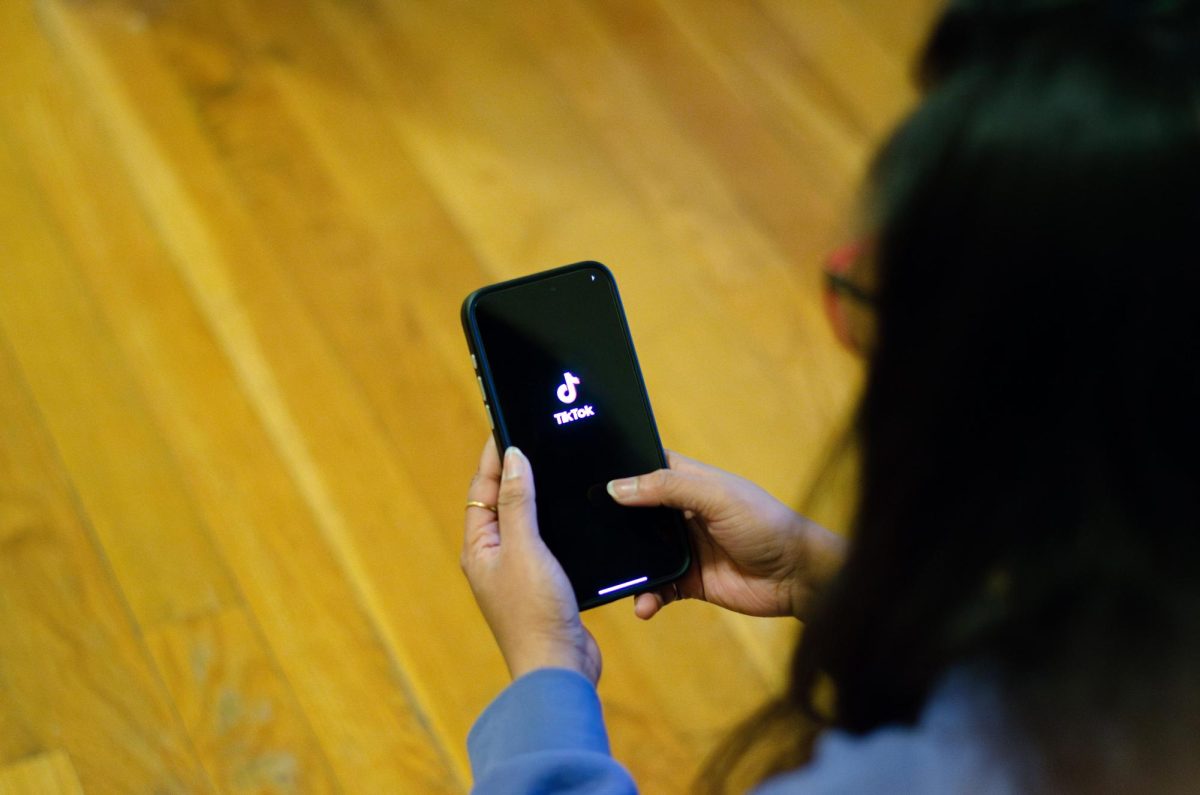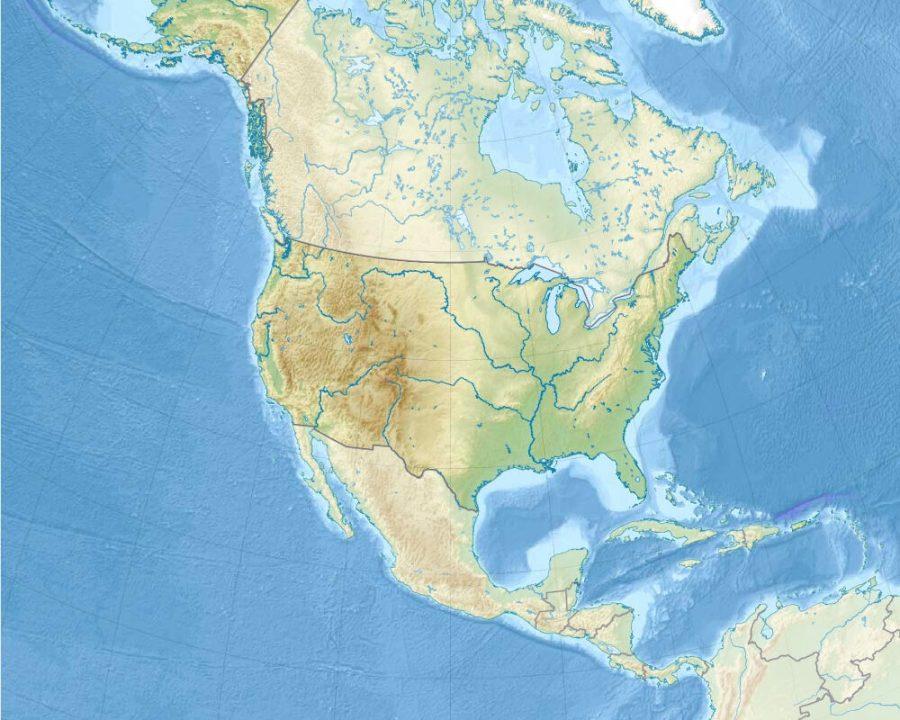On Thursday, April 16, President Donald Trump laid out a plan to gradually resume normal activities in the United States. The plan is called “Opening up America Again,” and it involves three phases. According to the whitehouse.gov “Opening Up America Again” website, the plan is “implementable on statewide or county by county basis at governors’ discretion,” meaning that governor’s are in control of when their state begins to reopen.
Before entering into Phase One, there are certain criteria that a state must meet, according to the whitehouse.gov site. Firstly, there must be a “downward trajectory of influenza like illnesses (ILI) reported within a 14 day period AND downward trajectory of covid-like syndromic cases reported within a 14 day period.” Secondly, the site states that there must be a “downward trajectory of documented cases within a 14 day period OR downward trajectory of positive tests as a percent of total tests within a 14 day period (flat or increasing volume of tests).” Finally, hospitals must be able to “treat all patients with crisis care” AND have in place a “robust testing program … for at-risk healthcare workers, including emerging antibody testing.” The website states that these criteria may need to be modified or “tailored to local circumstances” by state or local officials, and urges governors to work on a “regional basis” to meet the criteria and move on to the phased parts of the plan.
Phase One of the plan urges all at-risk individuals to continue to shelter in place, and reminds those who live with at-risk individuals that by placing themselves in environments where social distancing is impractical, they could carry the virus home. Social distancing should continue, and socializing in groups larger than ten people should be avoided. Non-essential traveling should be avoided as well. Employers are to encourage telework, come back to work on site in phases if possible, enforce social distancing protocols, and “strongly consider special accommodations for personnel who are members of a vulnerable population.” In this phase, schools that are already closed should remain closed, visits to senior living facilities and hospitals are prohibited, and bars should remain closed as well. However, large venue businesses like sit-down restaurants and sporting venues and gyms can operate under strict social distancing regulations, and elective surgeries may take place.
To enter into Phase Two of the plan, a state or region should have no evidence of a “rebound,” and be able to satisfy the initial criteria a second time. Phase two follows the same protocol regarding at- risk populations and members of their households, and physical distancing is still encouraged. The maximum number of people that should gather at one time is 50, large venues can operate “under moderate social distancing protocols,” and non-essential travel can resume. Employers are urged to continue guidelines similar to those in Phase One, such as encouraging telework, but schools can reopen, and bars may operate “with diminished standing room occupancy.” Visits to senior care facilities and hospitals are still prohibited in Phase Two.
To move onto Phase Three of the plan, the initial criteria must be satisfied a third time, and there still must be no evidence of a “rebound.” In phase three, high-risk individuals may “resume public interactions, but should practice physical distancing,” while low-risk individuals should “consider minimizing time spent in crowded environments.” Employers may “resume unrestricted staffing of worksites,” visits to senior care facilities and hospitals may take place, large venues may operate with “limited” social distancing regulations, and bars can increase their standing room occupancy.
According to mass.gov, Massachusetts is seeing a decline in new confirmed COVID-19 cases, but the data does not appear to show 14 days of decline in cases as of Tuesday, April 21, (based on graph from https://www.mass.gov/doc/covid-19-dashboard-april-21-2020/download), as required for entrance into Phase One of the “Opening Up America Again,” plan.
On Tuesday, April 21, Governor Charlie Baker announced that all students will not return to school for the remainder of the 2019-2020 school year, and that non-emergency daycare services will stay closed until June 29. According to masslive.com, Baker “did not commit to an answer on whether the non-essential business closure would be extended beyond May 5,” but did communicate that Massachusetts needed to see a “decline of positive COVID-19 test results and hospitalizations over multiple, consecutive days” before reopening.
According to CNN.com, Massachusetts has also joined a coalition of Northeastern states to coordinate how the reopening of the economy will take place. The coalition is made up of Massachusetts, New York, New Jersey, Connecticut, Pennsylvania, Delaware and Rhode Island. CNN.com reported that Massachusetts “will need to have testing, tracing, isolation and quarantine procedures in place to reopen, the governor said.”
Sources:
https://www.whitehouse.gov/openingamerica/#phase-one https://www.mass.gov/doc/covid-19-dashboard-april-21-2020/download https://www.masslive.com/coronavirus/2020/04/gov-baker-massachusetts-businesses-could-reopen-before-end-of-june-if-covid-19-cases-decline.html
https://www.cnn.com/2020/04/15/us/states-reopen-coronavirus-trnd/index.html


















































